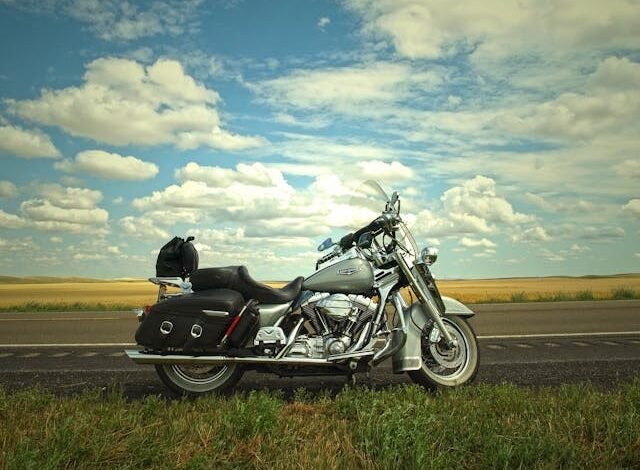Everything You Need to Know Before You Get a Motorcycle

Owning a motorbike can be an amazing experience, providing a sense of independence, adventure, and convenience. Riding a motorbike, whether for everyday commuting, extended road excursions, or simply a love of two wheels, necessitates planning and attentiveness. Being well-informed before purchasing a motorcycle can also help you avoid unnecessary spending and ensure that it meets your individual needs and preferences.
Choosing the Right Motorcycle
Choosing the right motorcycle depends on a number of factors, including expertise level, intended use, and budget. New riders should avoid high-powered sports bikes, which need sophisticated handling abilities and rapid reflexes. Instead, entry-level motorcycles with moderate engine capacities give new riders more control and confidence. Cruisers, normal bikes, and adventure motorbikes are all terrific choices for different riding styles, with each delivering its own level of comfort and performance. Ergonomics are important to consider because seat height, handlebar positioning, and footpeg location all have an impact on riding comfort. Understanding fuel efficiency, maintenance expenses, and insurance rates is equally crucial when selecting a motorcycle.
Understanding Legal Requirements
Before hitting the road, riders should be familiar with their local motorcycle licensing requirements and restrictions. Most locations require a motorcycle endorsement on a driver’s license, which includes passing a written exam and a riding skills test. Enrolling in a motorcycle safety course not only meets licensing requirements, but it also provides valuable teaching on safe riding techniques. Motorcycle owners need to consider additional legal difficulties such as registration, insurance, and emissions testing. Lane-splitting laws, helmet use, and passenger limitations vary by state, thus it is best to research and adhere to state-specific guidelines. To avoid legal complications, riders should always have a registration, evidence of insurance, and proof of identity, among other necessary documents.
Investing in Proper Safety Gear
Motorcycle safety gear is critical for protecting motorcyclists from injury in the event of an accident. The most important piece of protective gear is a good helmet, which greatly lowers head trauma risk. Covering the whole head and face, full-face helmets give the maximum protection from impact, wind, and debris. Apart from helmets, donning protective gear, including armored coats, gloves, reinforced pants, and riding boots, improves safety. Better protection in case of a fall comes from abrasive-resistant materials such as leather or textiles with built-in padding. The choice of gear might also depend on the weather since ventilated and waterproof clothing guarantees comfort in different environments.
Learning Essential Riding Skills
Proper riding abilities are essential for operating a motorbike safely and efficiently. Unlike driving a car, riding a motorcycle demands balance, coordination, and precise control of acceleration and braking. Understanding throttle control, clutch action, and gear shifting is vital for a pleasant ride. Understanding braking tactics, particularly front and rear brake coordination, aids in maintaining stability during rapid stops. Cornering, counter-steering, and leaning methods enhance maneuverability and control, particularly on curving routes. Slow-speed maneuvers, like U-turns and figure-eight patterns, improve balance and overall handling. Defensive riding methods, such as maintaining a safe following distance and being mindful of blind areas, help to lessen the likelihood of accidents.
Knowing What to Do in Case of an Accident
Accidents can still happen even when measures are taken, so knowing how to respond properly is essential. Maintaining composure and analyzing injuries is the first step toward personal safety. Moving to a safe spot away from traffic can help prevent further injuries. Contacting emergency services and providing precise information about the incident aids in receiving timely medical care. Gathering information, such as witness accounts and images, is critical for insurance claims and legal documents. Consulting an Oregon motorcycle accident lawyer from a reputable source can provide legal advice and secure appropriate compensation if the accident entails disagreements. Seeking medical attention, especially for small injuries, aids in the detection of underlying problems that cannot be immediately apparent.
Conclusion
Owning a motorcycle is a joyful experience that entails duties and risks. Understanding the different facets of motorcycle ownership, such as choosing the correct bike, satisfying legal requirements, and investing in safety equipment, provides a smooth and joyful riding experience. Learning key riding skills, conducting routine maintenance, and adapting to changing road conditions all help to make riding safer and more efficient. Knowing how to respond in the event of an accident and getting professional aid as needed improves readiness. Proper planning and awareness before purchasing a motorbike lays the groundwork for safe riding and long-term enjoyment.